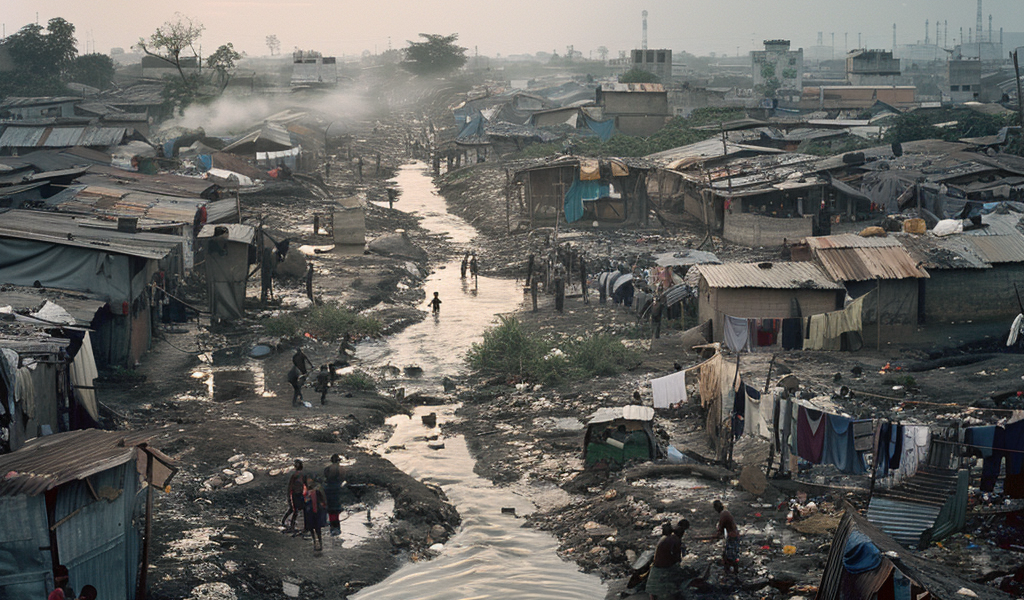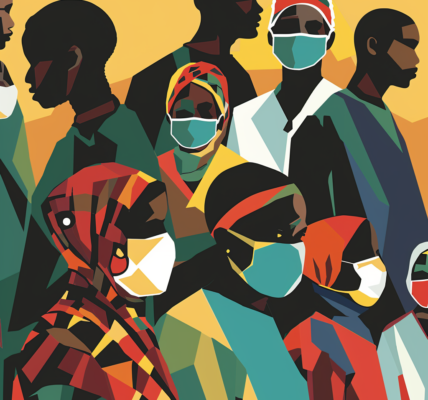Cholera, a deadly waterborne disease, is staging a worrying comeback globally, posing a significant threat to public health. With the dwindling stockpile of the oral cholera vaccine and the cessation of production by a key manufacturer, the world is facing a critical shortage of this life-saving vaccine.
The Indian drug manufacturer responsible for producing 15 percent of the world’s supply of the cholera vaccine ceased production last year, leaving the global stockpile nearly depleted. While efforts are being made to establish new production facilities, the current stockpile is virtually non-existent. The high demand for the vaccine means that any doses produced must be immediately dispatched to areas grappling with cholera outbreaks.
This shortage of vaccines highlights a broader issue of insufficient political will and financial investment in combating cholera effectively to reduce mortality rates. The disease thrives in regions with contaminated water sources, inadequate sanitation, and dense populations, such as the city of Rafah, which is currently hosting over 1 million Palestinians displaced by conflicts in Gaza.
Cholera, transmitted through contaminated water sources by infected individuals, causes severe symptoms like acute diarrhea and vomiting. Without prompt treatment, the disease can prove fatal within a day of infection. While developed nations with robust water and sanitation systems have largely eradicated cholera, the disease is resurging globally.
According to the World Health Organization, cholera cases are on the rise worldwide after a period of decline from 2017 to 2021. Active cholera outbreaks are currently reported in countries including Zambia, Mozambique, Sudan, the Democratic Republic of the Congo, Syria, Ethiopia, Somalia, Zimbabwe, and Haiti.
The situation is particularly dire in regions with poor water and sanitation infrastructure, where the disease can spread rapidly and have devastating consequences due to limited access to healthcare and clean water. Urgent action and increased investment are needed to address the resurgence of cholera and prevent further loss of life.





